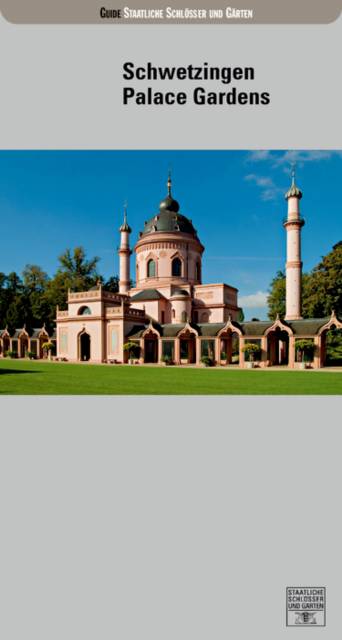
- Afhalen na 1 uur in een winkel met voorraad
- Gratis thuislevering in België vanaf € 30
- Ruim aanbod met 7 miljoen producten
- Afhalen na 1 uur in een winkel met voorraad
- Gratis thuislevering in België vanaf € 30
- Ruim aanbod met 7 miljoen producten
Zoeken
Omschrijving
The Silbergraue Führer (Silver Grey Guide) presents an outline of the garden's history, describes its structures and the architects behind them and analyses the garden's significance as a cultural monument. The Schwetzingen Palace Gardens constitute a veritable showpiece of the European art of laying out gardens. A magnificent park forming the centrepiece of the elector's summer residence was created within a period of thirty years under Elector Carl Theodor, his director of buildings and gardens, Nicolas de Pigage and the garden landscaper, Friedrich Ludwig von Sckell. Two different philosophies of laying out gardens, the French and the English ones, were juxtaposed in Schwetzingen, resulting in a unique artistic achievement.The multifarious interplay of garden art, architecture, sculpture and craftwork makes the Schwetzingen Palace Gardens into one of the best-preserved garden creations of the 18th century. The manifestations of freemasonry, an important social movement of the time, are by no means the least of its claims to fame. Such a concentration of objects bearing witness to the history of civilization makes the Schwetzingen Palace Gardens into a promising candidate for inclusion in UNESCO's list of World Heritage Sites.
Specificaties
Betrokkenen
- Auteur(s):
- Uitgeverij:
Inhoud
- Aantal bladzijden:
- 80
- Taal:
- Engels
- Reeks:
Eigenschappen
- Productcode (EAN):
- 9783422022270
- Verschijningsdatum:
- 20/08/2009
- Uitvoering:
- Paperback
- Afmetingen:
- 129 mm x 6 mm
- Gewicht:
- 185 g

Alleen bij Standaard Boekhandel
+ 11 punten op je klantenkaart van Standaard Boekhandel
Beoordelingen
We publiceren alleen reviews die voldoen aan de voorwaarden voor reviews. Bekijk onze voorwaarden voor reviews.











